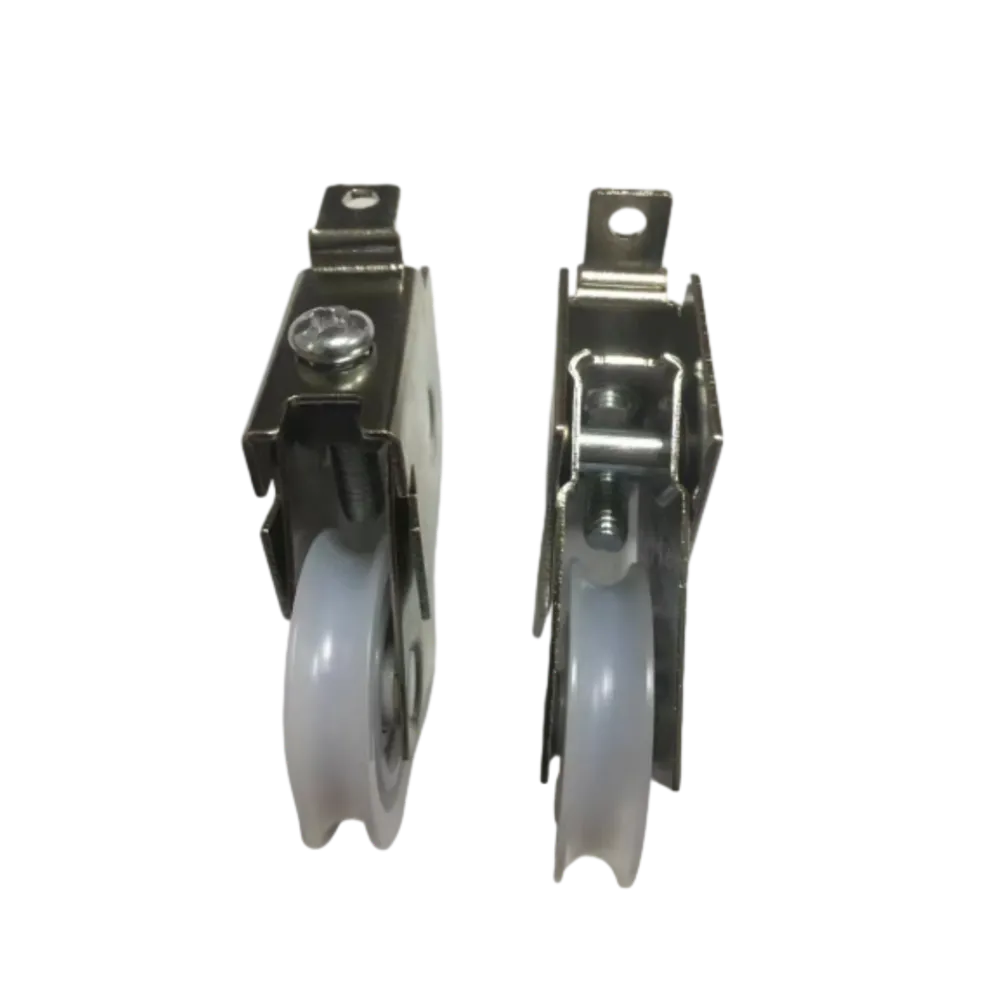cast iron collar
The Timeless Utility of Cast Iron Collars
In the realm of industrial materials, few items possess the robust heritage and unparalleled utility of cast iron. Among the numerous applications of this ferrous blend, cast iron collars emerge as essential components, often overlooked yet crucial to the integrity and functionality of various systems. This article explores the characteristics, uses, and advantages of cast iron collars, showcasing why they are a lasting solution for many engineering and architectural needs.
Characteristics of Cast Iron
Cast iron is a group of iron-carbon alloys with a carbon content greater than 2%. Its unique combination of durability, wear resistance, and castability makes it a favored choice among engineers and designers. The primary forms of cast iron — gray iron, ductile iron, and white iron — each possess distinct properties that lend themselves to specific applications. Gray iron, for instance, is known for its excellent machinability and vibration damping properties, while ductile iron exhibits superior tensile strength and impact resistance.
The manufacturing process of cast iron collars involves pouring molten iron into a mold, where it solidifies into the desired shape. This method allows for intricate designs and specific dimensions, catering to diverse requirements across industries. Moreover, when properly treated, cast iron resists wear, corrosion, and thermal fatigue, making it ideal for mechanical components subjected to rigorous usage.
Applications of Cast Iron Collars
Cast iron collars are versatile components deployed in various fields. One of the most common applications is in piping systems where they serve as connectors or support brackets. Their robust nature ensures that they can withstand the stress and strain of high-pressure environments, which is critical in water supply systems, oil pipelines, and manufacturing processes.
In the architectural domain, cast iron collars find applications as decorative elements in building designs, particularly in historical structures
. Their ornamental qualities enhance aesthetic appeal while providing structural support. Likewise, these collars are prevalent in hardware fittings, such as door handles and window frames, where strength and elegance are equally important.cast iron collar

Another noteworthy application is in machinery, where cast iron collars are used as spacers, clamps, or bearings. The significant weight and density of cast iron contribute to the stability of moving parts, reducing vibration and ensuring precise alignment. This application is particularly crucial in heavy machinery, automotive components, and aerospace engineering, where safety and reliability are paramount.
Advantages of Using Cast Iron Collars
The adoption of cast iron collars comes with several benefits that make them a preferred choice among engineers. First and foremost, their strength and durability translate to longevity; components constructed from cast iron can last for decades, often requiring minimal maintenance. This longevity leads to lower lifecycle costs and reduced environmental impact since fewer replacements are needed.
Moreover, cast iron has excellent thermal properties, making it an effective choice for applications involving heat exposure. Its ability to evenly distribute heat helps prevent warping and extends the lifespan of machinery and infrastructure.
In addition, cast iron is inherently cost-effective due to its abundant availability and the relatively low cost of production. The balance between performance, durability, and cost makes cast iron collars a practical solution for both large-scale industrial applications and small-scale projects.
Conclusion
In summary, cast iron collars exemplify the intersection of engineering excellence and artistic design. Their remarkable properties ensure they remain an indispensable part of numerous industries, from construction to manufacturing. As technology evolves, the application of cast iron and its components continues to adapt, proving that even materials with a storied history can find relevance in modern solutions. Whether supporting vital infrastructure or adding charm to architectural features, cast iron collars will remain a testament to resilience and utility for years to come.
-
Wrought Iron Components: Timeless Elegance and Structural StrengthNewsJul.28,2025
-
Window Hardware Essentials: Rollers, Handles, and Locking SolutionsNewsJul.28,2025
-
Small Agricultural Processing Machines: Corn Threshers, Cassava Chippers, Grain Peelers & Chaff CuttersNewsJul.28,2025
-
Sliding Rollers: Smooth, Silent, and Built to LastNewsJul.28,2025
-
Cast Iron Stoves: Timeless Heating with Modern EfficiencyNewsJul.28,2025
-
Cast Iron Pipe and Fitting: Durable, Fire-Resistant Solutions for Plumbing and DrainageNewsJul.28,2025
-
 Wrought Iron Components: Timeless Elegance and Structural StrengthJul-28-2025Wrought Iron Components: Timeless Elegance and Structural Strength
Wrought Iron Components: Timeless Elegance and Structural StrengthJul-28-2025Wrought Iron Components: Timeless Elegance and Structural Strength -
 Window Hardware Essentials: Rollers, Handles, and Locking SolutionsJul-28-2025Window Hardware Essentials: Rollers, Handles, and Locking Solutions
Window Hardware Essentials: Rollers, Handles, and Locking SolutionsJul-28-2025Window Hardware Essentials: Rollers, Handles, and Locking Solutions -
 Small Agricultural Processing Machines: Corn Threshers, Cassava Chippers, Grain Peelers & Chaff CuttersJul-28-2025Small Agricultural Processing Machines: Corn Threshers, Cassava Chippers, Grain Peelers & Chaff Cutters
Small Agricultural Processing Machines: Corn Threshers, Cassava Chippers, Grain Peelers & Chaff CuttersJul-28-2025Small Agricultural Processing Machines: Corn Threshers, Cassava Chippers, Grain Peelers & Chaff Cutters












